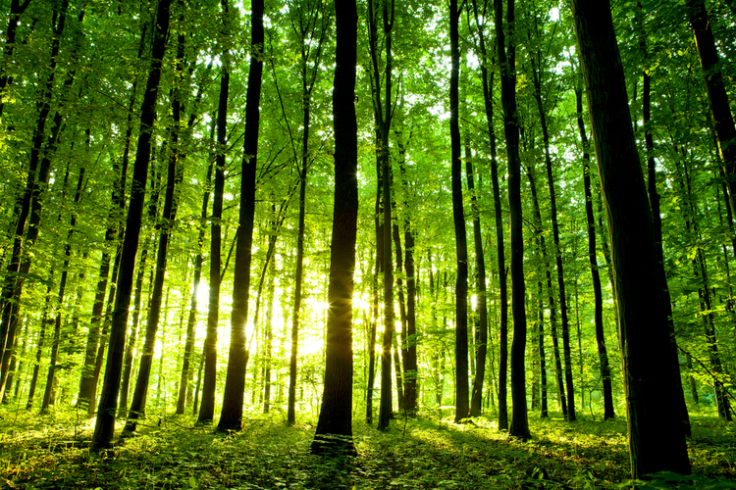UK Government Says Nature Fund Added Over 2,500 Green Jobs to the UK Environment Sector
The UK government has revealed how its Green Recovery Challenge Fund helped add more green jobs and saved hectares of land across the UK through 150 environmental projects.

The UK government has released a new report on how its nature fund has helped the UK economy by generating more jobs and helping people connect with nature.
The Department for Environment revealed that the £80 million Green Recovery Challenge Fund created over 2,600 jobs and helped 400,000 people connect with nature through 150 projects.
The report published by the Heritage Fund revealed how the UK government's flagship program generated employment opportunities in the UK environment sector as it supported 150 green projects.
The UK government helped various environmental projects across the country through this program including landscape and habitat restoring initiatives like wetlands and woodlands. Projects that enhance wildlife through initiatives like kingfisher tubes, bat boxes and big hotels were also part of the program.
The government also introduced community schemes and weekend or monthly events to let UK people interact and be a part of nature. This comes at a time when a recent study showed green prescribing could reduce the mental health pandemic among young Brits.
The Chief Executive of the National Lottery Heritage Fund, Eilish McGuinness, explained how the Green Recovery Challenge Fund is helping build the future by "strengthening relationships, supporting jobs and helping to build organisational resilience".
"The Green Recovery Challenge Fund is a great example of our partnership approach to support natural heritage projects that help the UK meet its nature recovery targets and mitigate the impact of climate change, allowing our heritage to be valued, cared for and sustained for everyone, now and the future," McGuinness added.
Infrastructure and other developments through the nature fund
According to the report released by the Department for Environment, the Green Recovery Challenge Fund restored 450,000 hectares of land including wetlands, ponds, woodlands, and grasslands. Indirect benefits of it resulted in the conservation of 1.5 million hectares of land which is equivalent to Greater London's size.
The nature fund helped 1,895 sites across the UK with 609 infrastructural improvements like creating 37km fences, 192km footpaths and 8km boardwalks for better access to nature.
The flagship program included the conservation efforts in the Piccadilly Basin in Greater Manchester and greening up urban spaces through the Greater Manchester Environment Fund, the 16-month-long Generation Green. The Youth Hostel Association project, which helped 115,000 British youth from disadvantaged backgrounds connect with nature, the Magdalen Environmental Trust Farm visits in Somerset for schools and charities.
The UK government started the nature fund in September 2020 to help the UK people recover from the COVID-19 pandemic by connecting with nature. The aim was to support people in creating and retaining jobs and increasing the country's green footprint.
Now, the Sunak government has launched the report after the second round of project funding.
Speaking about the matter, the UK Nature Minister Rebecca Pow said: "The Green Recovery Challenge Fund is another superb example of the multiple benefits that investing in nature recovery can bring to people and nature. We have created improved habitats for precious species, upskilled the next generation in sustainable jobs and enabled many more people to experience the joys of spending time in the natural world."
"The impact this fund has had is another example of our commitment to restore nature at a bigger scale. We will continue to protect and enhance our environment and improve access to our wild places, as set out in our ambitious Environmental Improvement Plan," Pow added.
Giles Aspinall, Chief Executive of The Magdalen Farm Environmental Trust (one of the projects that received the fund revealed how it helped them "to properly resource conservation ambitions, and to take the first big steps in transforming land into a swathe of new habitats".
"We planted thousands of trees, sowed many millions of wildflower seeds, and put 100 acres into conservation management," Aspinall added.
"The work we did through Green Recovery Challenge Fund got us ready for long-term sustainable conservation work through Higher Tier Countryside Stewardship, which we would not have been ready for without the help of the Fund," said Aspinall
© Copyright IBTimes 2024. All rights reserved.






